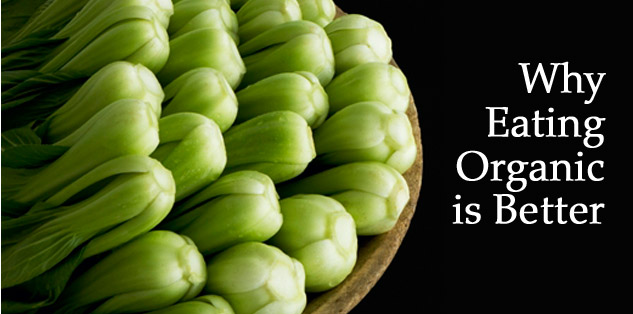Why Eating Organic is Better


If you have any doubts about organic produce vs. traditionally grown produce, a new study may help convince you of the virtues of organic. Recently, the results of one of the most comprehensive studies ever done were released. Lead by the University of Washington, the study compared the quality of the fruit and the soil from 13 pairs of commercial organic and conventional strawberries over a two-year period.
The study found that the organic strawberries were more flavorful, left the soil and the environment healthier, and even had a longer shelf life.
On the nutrition front, the study also showed that organic strawberries had about 10 percent more antioxidants, ascorbic acid and phenolic compounds than conventionally grown berries. On top of that, they contained about 10 percent less water, delivering “more strawberry” in each pound.
“All of a sudden, we have research that shows that organic delivers better nutrition, more dry matter and a better shelf life. That’s pretty amazing,” said lead researcher John Reganold in a Washington Post article.
Many scientists have long believed that small amounts of pesticides and other chemicals can cause lasting damage to human health, especially during fetal development and early childhood. Now we have proof that avoiding pesticides can deliver a lot more than better tasting food, it can mean better health.
To reduce your exposure to pesticides, the Environmental Working Group (EWG) recommends buying organic whenever possible. But we all know that organics are not always accessible or affordable for everyone so before your next trip to the grocery store or farmer’s market, EWG Shopper’s Guide recommends that you avoid “the Dirty Dozen fruits and vegetables” that contain the most pesticides and try to buy organically grown produce on this list. The dirty dozen includes celery, peaches, strawberries, apples blueberries, nectarines, bell peppers, spinach, cherries, kale/collard greens, potatoes, and grapes.
EWG research found that people who eat five fruits and vegetables a day from the Dirty Dozen list consume an average of 10 pesticides a day. Rinsing vegetables reduces but does not eliminate pesticides.